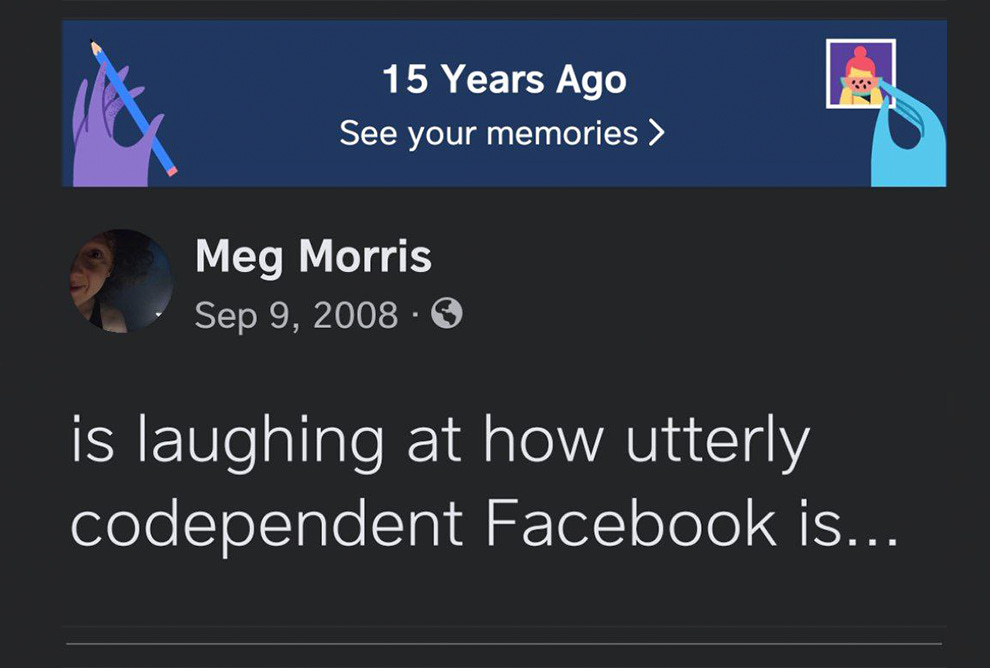Bridge healthy relational connectivity
Solutions to social media codependency & human trafficking

Excerpted from the original repost…
It's worth calling out specifically that social media is designed to keep you on the platform, to entice you to come back to the platform if your attention deviates momentarily from it, and to affect your functions in a way that causes you to be disinterested in other platforms (or, as many of us have experienced, disabled from being able to use other platforms).
There are infrastructural, algorithm…


